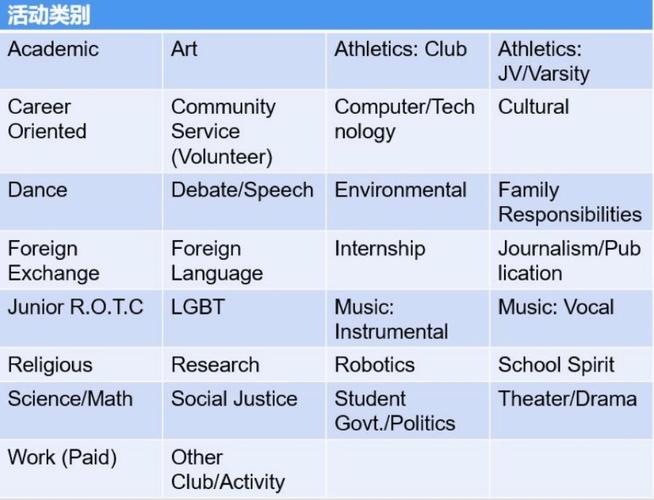The Controversy over a Fee for Parents to Check Their Childrens Academic Performance
 summary:
In today's education system, parents play a pivotal role in their children's academic succ...
summary:
In today's education system, parents play a pivotal role in their children's academic succ... In today's education system, parents play a pivotal role in their children's academic success. However, a recent practice has sparked controversy across many schools and communities - charging parents a fee to access their children's academic performance records online. The practice of charging a yearly fee of 300 RMB for parents to check their children's grades has sparked widespread debate about the transparency and accessibility of educational institutions.
In an era where digitalization has made information accessible with just a click, this practice seems to contradict the principle of open communication between parents and schools. The rationale behind this fee is often explained as a means to cover the costs of maintaining an online platform for parents to access their children's academic records. However, many parents question the necessity and affordability of this fee, especially in light of the already high costs associated with education.
The implementation of this fee has led to mixed reactions from parents. While some parents understand the need for schools to cover maintenance costs, they also express concerns about the financial burden it places on families. Others argue that this fee is an unnecessary addition to the already extensive expenses related to education, and it adds another layer of stress for parents who are already juggling various responsibilities.
Moreover, this practice has sparked discussions about the role of transparency in education. Many parents argue that they should have access to their children's academic records without any additional cost, as it is their fundamental right as parents to be involved in their children's education. They question whether this fee is a step towards commercializing education and creating a barrier between parents and their children's academic progress.
On the other hand, schools defending this practice argue that the fee is necessary to cover the costs of developing and maintaining an online platform that is user-friendly and secure for parents to access their children's academic records. They also point out that this fee helps maintain the integrity of the educational institution and ensures that only authorized individuals have access to sensitive academic information.
The debate also highlights the need for better communication between schools and parents. While some schools provide detailed explanations for the rationale behind this fee, others fail to do so, leading to misunderstandings and resentment among parents. It becomes crucial for schools to engage with parents, explain the reasons behind such practices, and seek ways to improve transparency and accessibility without adding to the financial burden of families.
Furthermore, policy makers and education authorities need to consider whether this fee aligns with educational policies and objectives. Is it in line with promoting parental involvement in education? Or does it create a barrier between parents and their children's education, potentially affecting the overall educational outcomes? These are crucial questions that need to be considered in light of the broader educational context.
In conclusion, the practice of charging parents a fee to check their children's academic performance has sparked widespread debate about transparency and accessibility in education. It highlights the need for better communication between schools and parents, as well as a need for policy makers to consider whether such practices align with educational objectives and policies. As we move forward, it is essential to find ways to promote transparency and accessibility in education without adding to the financial burden of families, ensuring that parents are actively involved in their children's academic success.

